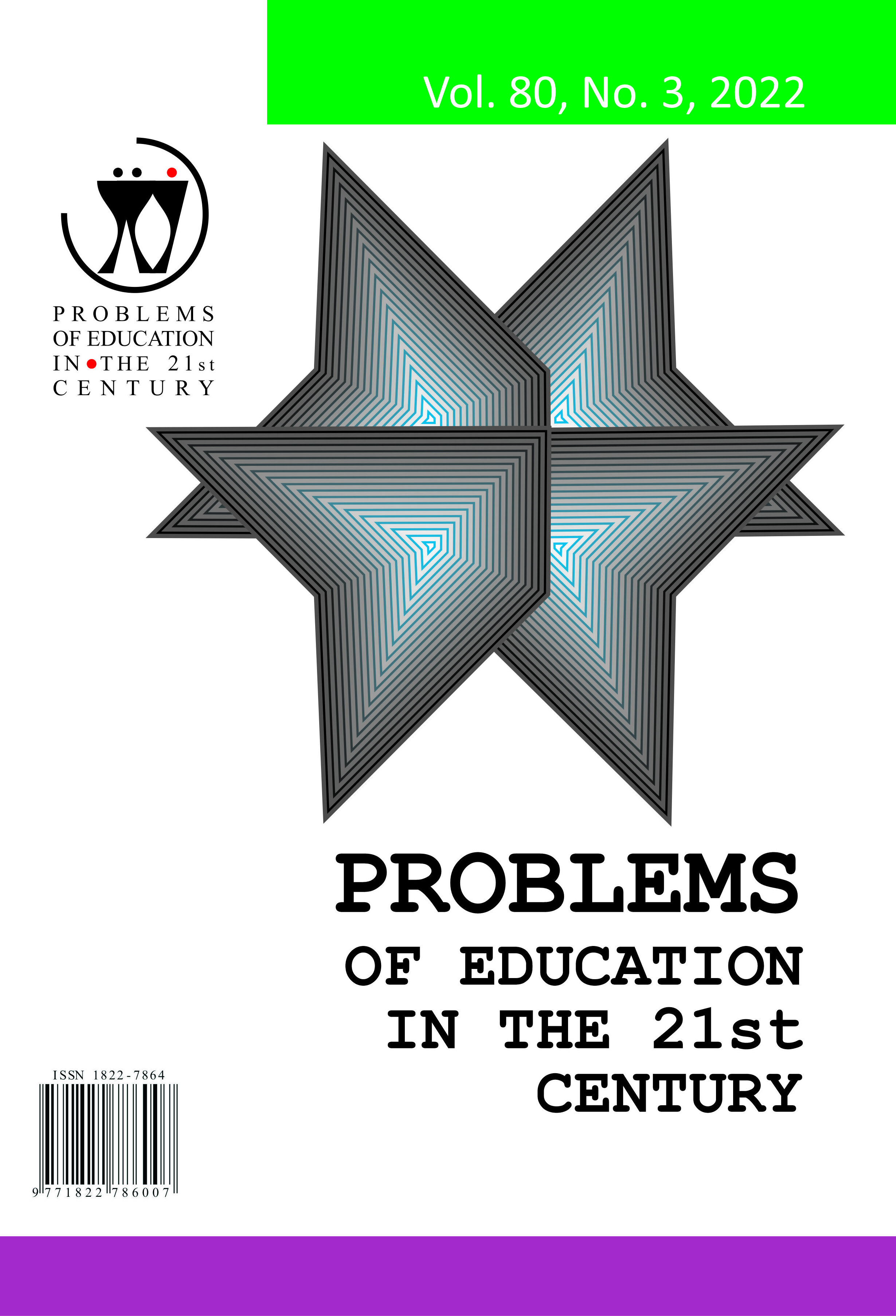ACADEMIC MISCONDUCT: ATTITUDES AND PERCEPTIONS OF BRAZILIAN MEDICAL STUDENTS
ACADEMIC MISCONDUCT: ATTITUDES AND PERCEPTIONS OF BRAZILIAN MEDICAL STUDENTS
Author(s): Ingrid Dorea-Bandeira, Vanessa Gusmão de Oliveira, Mariana Araújo Pereira, Bruno Bezerril Andrade, André Nogueira Nazar, Luiz Fernando Quintanilha, Katia de Miranda AvenaSubject(s): Social Sciences, Education, Higher Education , Pedagogy
Published by: Scientia Socialis, UAB
Keywords: cross-sectional studies; higher education; medical education; medical ethics; medical students;
Summary/Abstract: Academic misconduct during medical school is common, with multifactorial causes, and can negatively impact the training and professional performance of future physicians. This study investigated factors linked to academic misconducts among medical students during their training. It is a transversal, quantitative, and analytical study that assessed the perception of 240 students from five medical courses in Salvador, Bahia, Brazil. A virtual, semi-structured, anonymous, self-completed questionnaire was used, with sociodemographic and academic variables recorded. Behavioral patterns were analyzed using hypothetical situations based on medical students' code of ethics, and the data were compared based on participant and institutional characteristics. Results showed that medical students reported that ethical attitudes were maintained during graduation (98.3%) and the majority claimed to know the student code of ethics (89.2%). However, there was a high frequency of academic misconduct, especially "recording classes without authorization" (72.9%), "cheating on tests" (67.9%) and " improperly sign attendance lists" (65.0%). We observed a higher association of females with actions such as "cheating on exams" and taking "pictures with anatomical parts and dummies". In addition, posting pictures with patients and taking on duty without medical supervision occurred more frequently among students from private schools. Although the students considered themselves to be ethical, a high frequency of inappropriate behavior in academic situations was evidenced. This scenario points to the need for greater attention to training based on moral and ethical commitment in academic activities, with a view to future professional performance.
Journal: Problems of Education in the 21st Century
- Issue Year: 80/2022
- Issue No: 3
- Page Range: 426-437
- Page Count: 12
- Language: English

